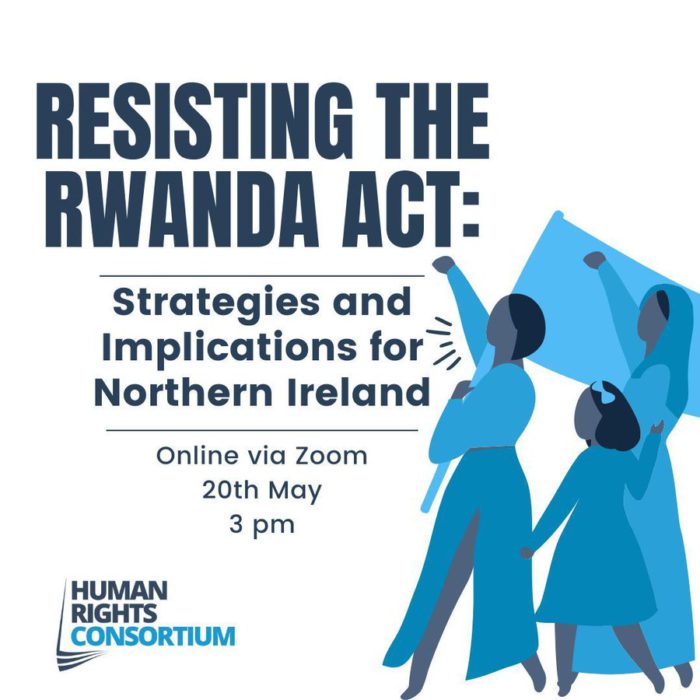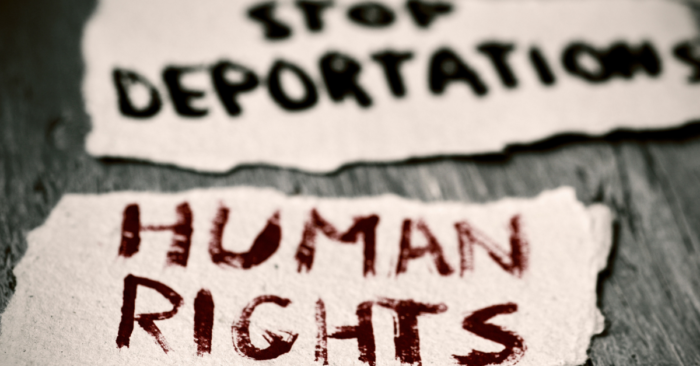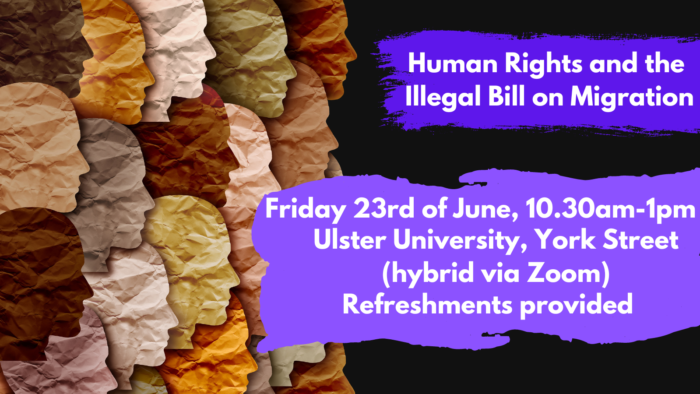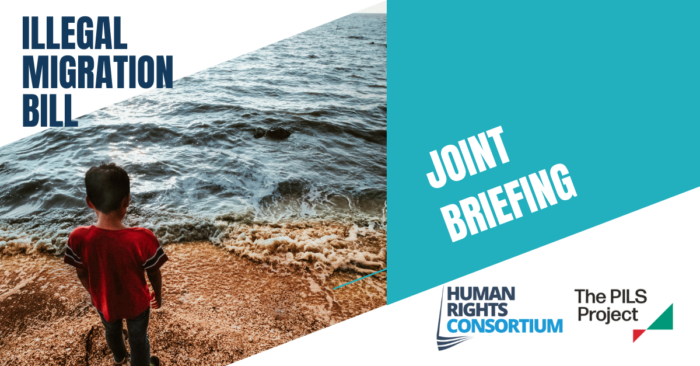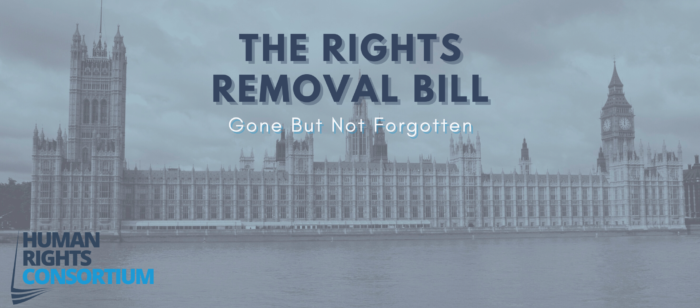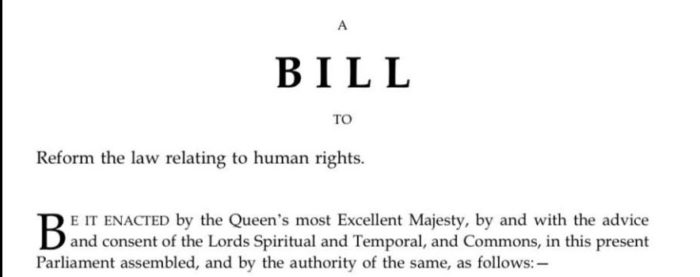The Human Rights Act made the vast majority of European Convention Rights available in UK law. The UK Government ‘brought rights home‘ by ensuring that individuals could exercise their rights in domestic courts rather than relying on Strasbourg – so what rights are they?
Human Rights Act
The Human Rights Consortium works to defend and uphold the Human Rights Act, seeking to build on its protections.
The Human Rights Act 1998 (HRA) is the foundational basis for every individual’s access to and enjoyment of human rights in the UK. The HRA ‘brought rights home’ by implementing most of the rights contained within the European Convention on Human Rights (ECHR) directly within the UK, empowering UK courts to uphold and enforce them while conferring specific powers ensuring the application of legislation in a rights-compliant manner.
This Act was essential not just in enshrining rights protections in law across the UK, but also providing the stability and rights framework for securing peace in Northern Ireland.
The Act was an essential element in fulfilling a key UK Government commitment in the Belfast/Good Friday Agreement to: ‘complete incorporation into Northern Ireland law of the European Convention on Human Rights (ECHR), with direct access to the courts, and remedies for breach of the Convention, including power for the courts to overrule Assembly legislation on grounds of inconsistency.’
While the power for courts to overrule Assembly legislation was created through the Northern Ireland Act, the HRA fulfilled the rest of this commitment, with the intention for it to be supplemented with a Bill of Rights for Northern Ireland which would expand and build on these Convention rights.
What’s in the Human Rights Act?
-
-
Positive obligations create duties on states and public bodies to directly and proactively uphold various rights through positive action. These obligations have been vital in Northern Ireland for ensuring adequate investigation and accountability over the Pat Finucane murder and the Omagh bombing.
-
Domestic courts in the UK have what is known as an intepretive obligation/duty to, as far as possible, read domestic legislation as compatible with European Convention Rights. This can help ensure that laws are read and implemented in a rights-compliant manner.
-
The Human Rights Act requires Government ministers to lay a ‘Statement of Compatibility’ alongside any legislation they propose, outlining how they believe it complies with European Convention rights. In some cases, however, Ministers may identify that their Bill breaches the ECHR but that they wish to progress with it anyway.
-
Section 4 of the HRA enables higher courts to declare legislation incompatible with Convention Rights, however they may not strike down laws. The buck is then passed to Westminster and the Government, who may pass a remedial order to amend the rights-violating legislation.
-
The HRA creates the ability for individuals to directly enforce their rights through domestic courts: a key commitment within the Belfast/Good Friday Agreement. This, combined with positive and interpretive obligations, allow for rights violations to be meaningfully addressed and remedied under the Act.
Threats to the Human Rights Act
Since 2015 the Government has made successive attempts to repeal or reform the HRA, including through the Independent Human Rights Act Review and subsequent HRA reform public consultation, culminating in Dominic Raab’s Bill of Rights Bill.
Case Studies
-
Lorraine Cox used Article 14 in conjunction with Article 8 and Article 1 of Protocol 1 to successfully challenge her exclusion from Personal Independence Payment after being diagnosed with a terminal illness.
-
Deborah Morrison used Article 1 in conjunction with Article 14 to successfully challenge her exclusion from PSNI Reserve’s Injury Benefit Regulations as an unmarried parent following the death of her partner.
-
Siobhan McLaughlin used Article 8 in conjunction with Article 14 to successfully challenge her exclusion from Widowed Parent’s Allowance as an unmarried parent following the death of her partner.
